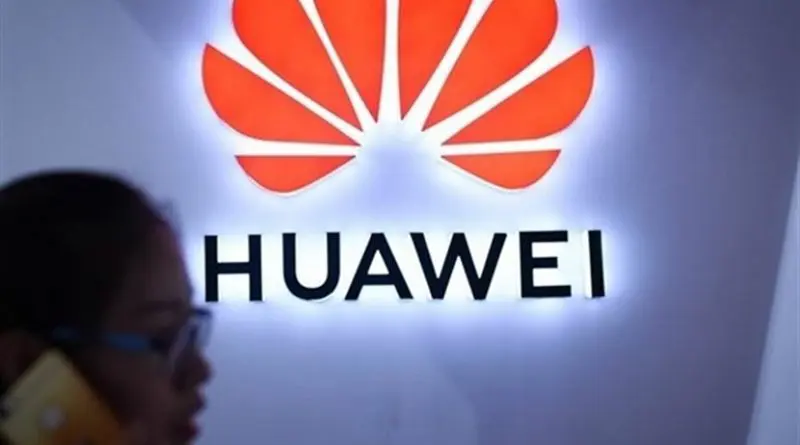US ‘Undermining Political Independence Of Europe,’ Huawei Says
By EurActiv
By Samuel Stolton
(EurActiv) — The US campaign against Chinese telecoms manufacturers is undermining the “political independence of Europe” to decide commercial partnerships for itself, Huawei has warned.
A company spokesperson made the comments to EURACTIV on Monday (April 29) after the US issued a statement warning about the risk posed by Huawei in 5G infrastructure.
“Putting Huawei or other untrustworthy vendors in any part of the 5G telecommunications network is a risk,” said Robert Strayer, the official in charge of 5G security at the US State Department.
But Strayer went further, adding that the United States may have to rethink its intelligence sharing capacities with countries that decide to work with “untrusted” partners.
“If other countries insert and allow untrusted vendors to build out and become the vendors for their 5G networks, we will have to reassess the ability for us to share information and be interconnected with them in the ways that we are today,” he said.
This isn’t the first time a senior US official has made threats to cut intelligence sharing with EU states, should they decide to use Huawei’s 5G equipment.
In March, NATO’s Supreme Allied Commander in Europe, US General Curtis Scaparrotti, said that the Alliance may cut communications with its German counterparts should the latter decide to collaborate with Huawei in the development of 5G.
His comments prompted German Chancellor Angela Merkel to state that “we will define standards for ourselves.”
Following the Chancellor’s statement, the German Federal Networks Agency, BNetzA, established tighter security standards for 5G equipment, but did not commit to excluding any particular company without sufficient evidence.
BNetzA President Jochen Homann said at the time that the new security requirements “apply to all companies equally.”
On Monday, Strayer said that these new security requirements, if “applied in a rigorous way,” would “lead to the prohibition of Huawei and ZTE from networks in Germany and around the world.”
Meanwhile, earlier this month, Belgium’s centre for cybersecurity revealed that it identified no evidence that telecoms equipment supplied by Huawei could be used for espionage, a claim consistently made by US authorities, based on the provisions set out under Chinese national intelligence law, which they say, compels any company “to act in any way that is in the interests of the Chinese Communist Party.”
Moreover, reports have surfaced of a rift within the Five Eyes intelligence alliance, which comprises Australia, Canada, New Zealand, the United Kingdom and the United States.
The rumours came following a leak from a high-level security meeting between the members of the group, in which they discussed the involvement of Huawei in the building of 5G network infrastructure. It transpired that the UK would allow Huawei access to non-core parts of the 5G network.
The leak prompted UK digital minister Jeremy Wright to say that the UK government could not “exclude the possibility of a criminal investigation” as a result of the leaks from the high-level security meeting, in which discussion items are generally deemed as sensitive and confidential information.
“I do not think that the motivation for this leak matters in the slightest. This was unacceptable and it is corrosive to the ability to deliver good government,” Wright added.
Speaking to BBC radio, Ciaran Martin, the head of GCHQ’s National Cyber Security Centre, said that in the past there have been “different approaches” between Five Eyes members on core security issues and that the leak disclosed no new information.
Stateside, the US is preparing to increase pressure on European counterparts as to their stance on Huawei.
At an International Conference on the security of 5G networks in Prague this week, the US is expected to put pressure on allies to put into place measures that would hamper Huawei’s ability to become involved in the development of 5G telecommunications networks.
Strayer said on Monday that the Prague meeting would offer up the opportunity of discussing Huawei vulnerabilities as well as bringing partners together to conceive a set of international standards for 5G technology.
The conference “will help define some nonbinding principles that all of us can apply to improving the security of our 5G networks, including with respect to the supply chain of the vendors,” he said.

